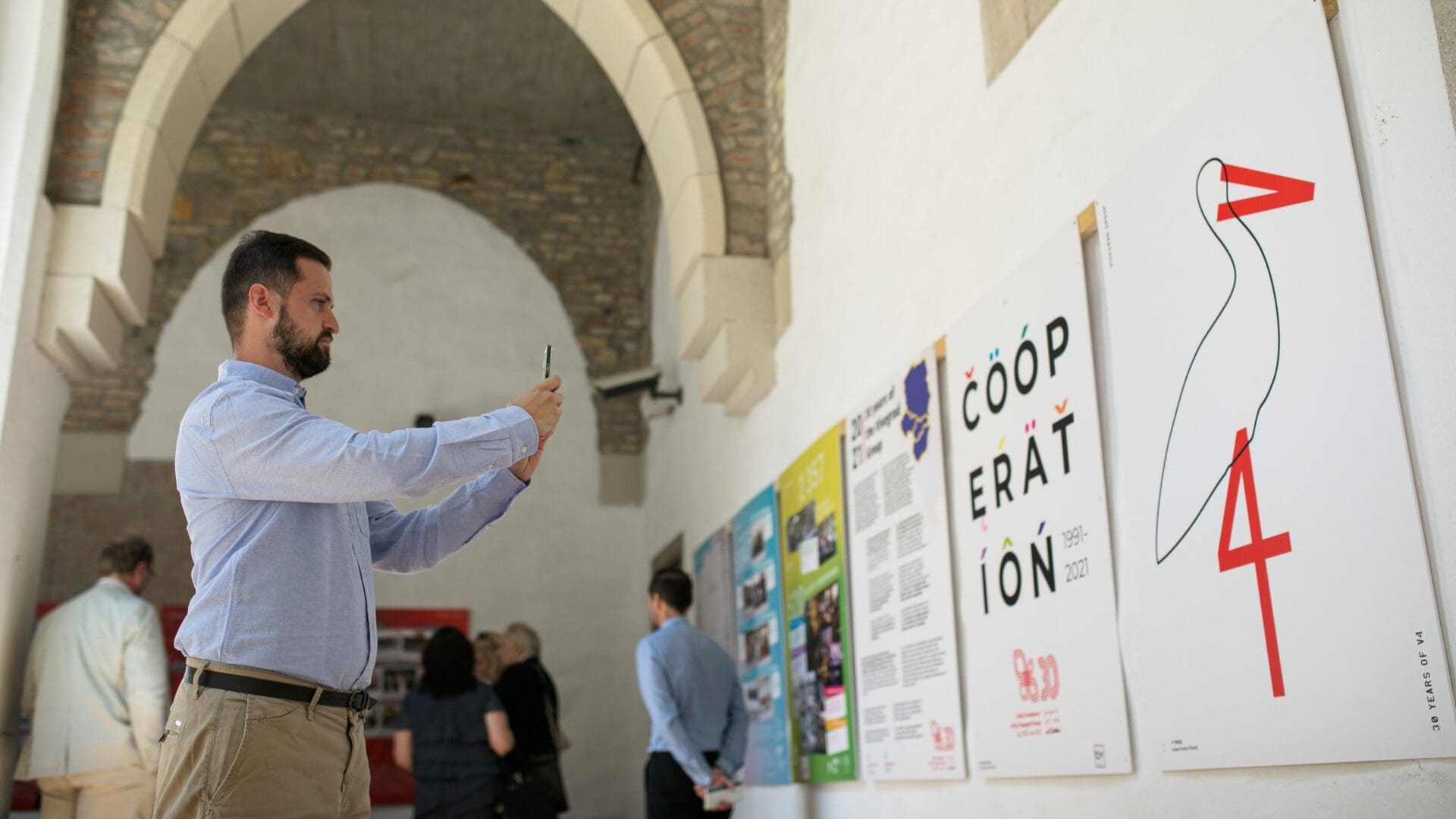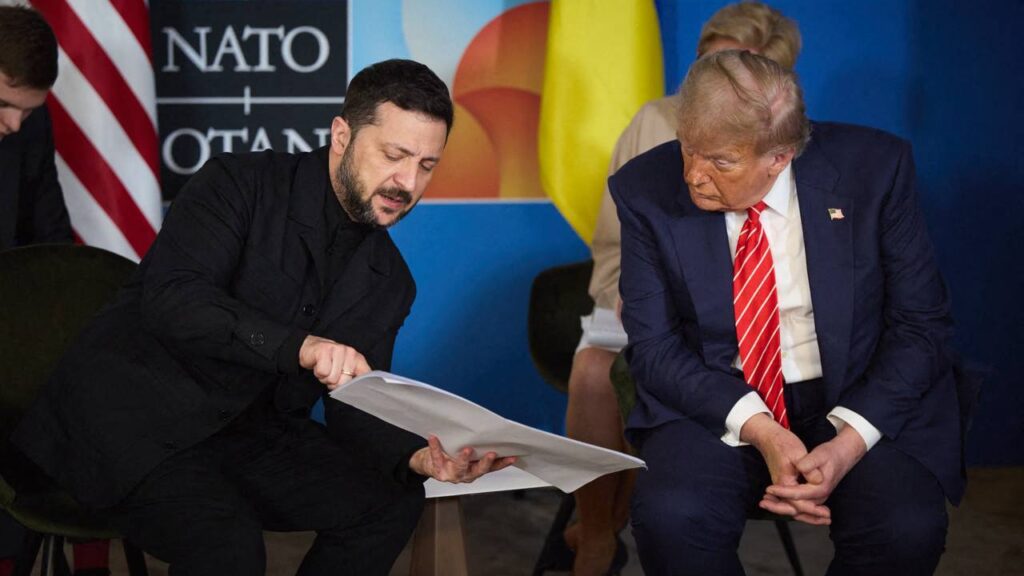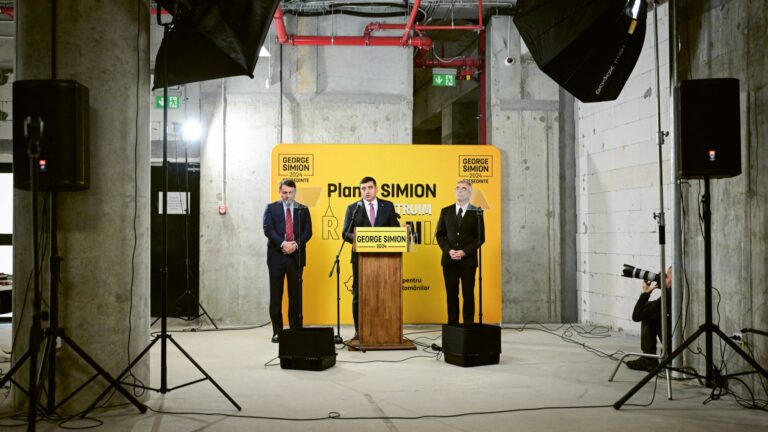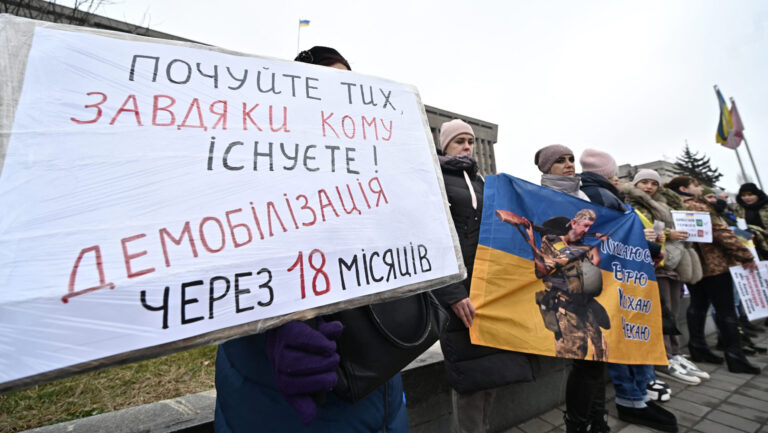Earlier this week I had the privilege of partaking in an online panel discussion organized by the Poland-based think tank the Warsaw Institute on the future of the Visegrad Group, or V4. The host of the event was Maciej Tyburski, an expert in the field of international relations; my fellow guest speaker was Director of Foreign Relations at the Nézőpont Mihály Rosonczy-Kovács.
The V4, a regional platform of Poland, Czechia, Slovakia and Hungary, was established in 1991 aiming to promote cooperation among Central European countries.
While for a long time, it seemed that the Visegrad Group would become a power centre of Central Europe, more and more experts now share the view that the group is losing its fundamental identity. In 2015, when the compulsory migration quotas were about to be introduced in the European Union, the leaders of the V4 countries vehemently opposed the Brussels-fuelled endeavour. Their joint effort was successful, as the issue—at that time—was removed from the agenda.
Although the outcomes of the elections in Slovakia in 2020 and in Czechia in 2021 weakened the unity of the V4,
the real rift among the parties was brought on by the outbreak of the Russian–Ukrainian war in 2022.
Since 2023, when the Morawiecki government lost elections in Poland, and the Hungarian prime minister’s long-time opponent, Donald Tusk, returned to power, relations within the V4 have continued to deteriorate. Shortly before the change of government in Warsaw, a pro-V4 politician, Robert Fico, had been re-elected as prime minister in Slovakia, but that didn't significantly improve V4 relations. As Hungarian Conservative also reported, Fico is currently in hospital, recovering, although still in serious condition, after an assassination attempt last week.
During the panel discussion, all participants agreed that the Visegrad Four is an invaluable asset that must be preserved at all costs. Just like in the past, when the group focused on topics in which there was mutual agreement, in the future, nothing prevents it from being run in the same way. Regarding Ukraine, there are issues on which there is agreement at the V4 level and some on which there is not.
For instance,
no V4 country questions that Ukraine is a victim of aggression, that her sovereignty has been violated,
and that Russia’s actions represent a severe violation of international law. However, while some countries aim to settle the issue on the battlefield, others do not believe in that such a solution is realistic. The latter would like to see the parties sit at the negotiating table and come to a deal.
The panellists also acknowledged that every V4 country supports Ukraine. However, the methods in which they support Ukraine differ significantly. At the moment, Poland and Czechia provide weapons, while the support from Slovakia and Hungary is solely humanitarian. There was a significant change in the Slovakian attitude after the former Slovak government had handed over the complete MiG-29 fleet of the country to Kyiv, a move that was viewed as highly controversial by a large part of the electorate.
Another topic we discussed was the accession of the Western Balkan countries to the European Union. There was a consensus among us that the region should get an immediate green light to join the EU. Unless that happens, it is highly likely that they may choose to accept Beijing’s influence, the panellists argued.
We were also in agreement on the fact that by no means should the V4 allow the EU to scrap unanimous decision-making, and all panellists concurred that it bodes well for a prosperous V4 that at the meeting of the group’s foreign ministers in March, a deal was proposed to raise the budget of the International Visegrad Fund by ten per cent.
If you would like to learn more about the discussion, you can view the entire exchange here.
Related articles:








